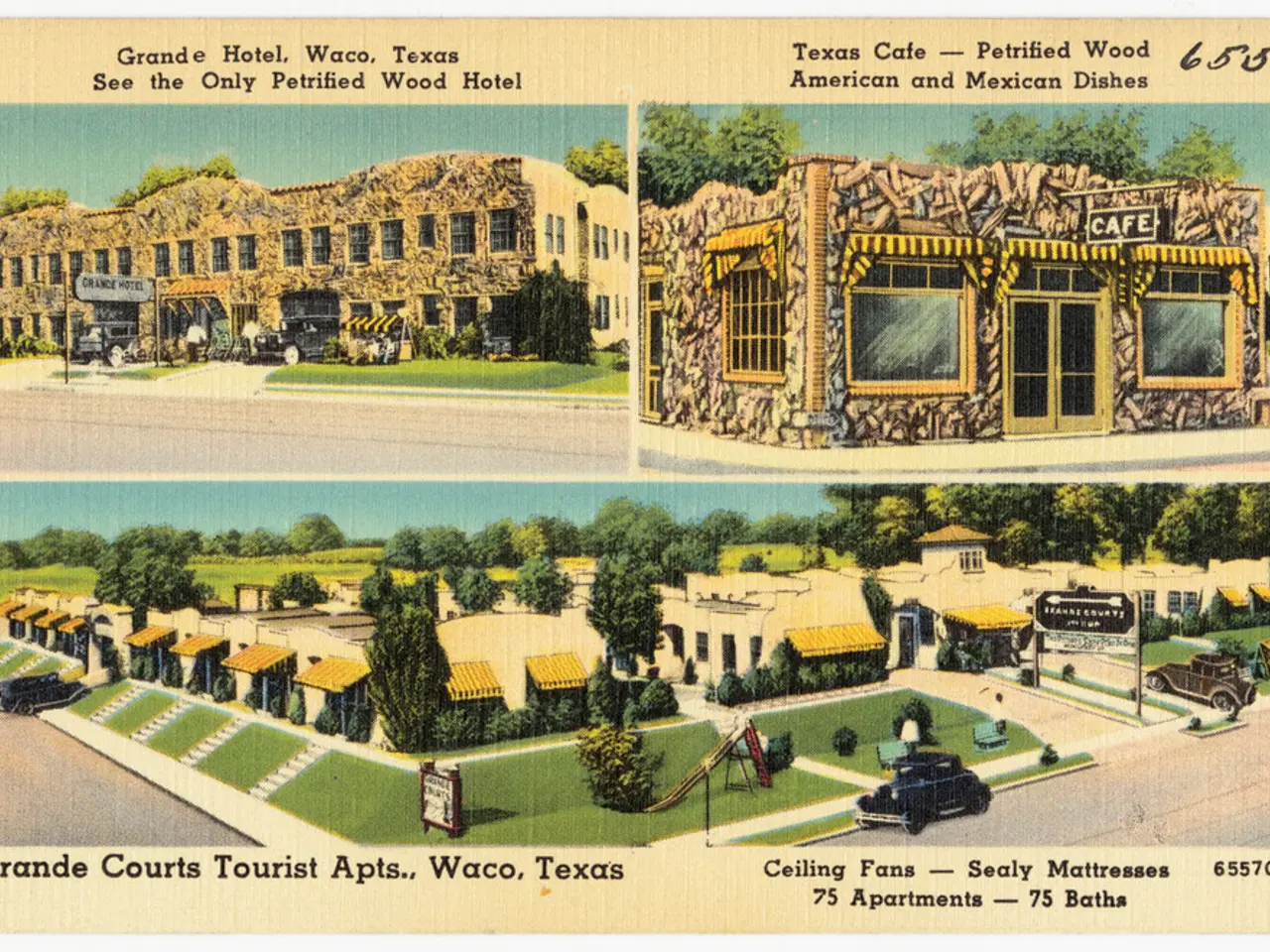The affluent magnates of the Gilded Age: Explore the merciless 'robber barons' amassing fortunes
Revamped Tale of the Gilded Age's Titans:
chunks of steel, railroads, and financial endeavors came together in the late 1800s, forming a formidable crew of industrialists and tycoons dubbed the "robber barons." This ragtag group, comprising John D. Rockefeller, Andrew Carnegie, Cornelius Vanderbilt, Leland Stanford, J.P. Morgan, and Henry Clay Frick, introduced a game-changing boom to the US economy, though Their methods were anything but popular – earning them the unflattering nickname, "robber barons."
Their path to riches was not for the faint-hearted. They ruthlessly cut through any obstacles in their path, a dog-eat-dog world where survival of the fittest was the mantra. This relentless drive to dominate key industries like steel, petroleum, railroads, and finance resulted in a few corporations calling the shots and controlling the country's economic landscape. Their business practices were questionable by some, even downright immoral by others.
Their unethical machinations included crushing labor unions, suppressing wages, and employing unscrupulous methods to take over competitors. Some exploited political connections to manipulate regulatory policies to their advantage. It almost seemed as if they accepted no limitations in their pursuit of wealth and power. Critics regularly accused them of acting like bandits, plundering the nation for their own gain.
Take Rockefeller, for example. He started with small oil refineries before monopolizing the oil industry by forcing out competitors and setting up a trust. Or Andrew Carnegie, who rose to prominence in the steel industry by using questionable tactics to take over competitors and letting little stand in his path to success. Their names were regularly mentioned alongside notorious outlaws, and their tactics were compared to those of medieval barons.
Despite the negative connotations of their label, some of these titans sought redemption for their wrongdoings later in life. Andrew Carnegie, for one, became known for his philanthropy, donating millions to public libraries, universities, and concert halls, while John D. Rockefeller funded educational foundations promoting science and education. Yet, the damage they caused to the nation's moral and social fabric was already done.
Through their relentless greed and thirst for power, the robber barons ignited a fierce debate about the role of big business in American society. Critics initially fought to defend the principles of an egalitarian republic, while others saw these men as true American heroes, symbols of rugged individualism.
Compare their lives to the Horatio Alger stories popular at the time, where hard work always equated to success. Self-made men rising above their circumstances to achieve greatness. The robber barons epitomized this ideal, for better or for worse. The inevitable question was – who would these titans' legacies inspire? Would their skewed version of capitalism reign supreme, or would the nation demand a change for the better? Only time would tell.
In the parallel narrative of the Gilded Age, these self-made moguls extended their influence not only within the industry but also delved into the realm of politics and finance. Their questionable business practices, such as crushing unions, manipulating regulations, and taking over competitors ruthlessly, accusingly resembled the endeavors of rogues within American society.
Their vast wealth and control over key industries like steel, petroleum, railroads, and finance changed the economic landscape of the country, sparking a deeply divisive public discourse about the role of big business in shaping the nation's moral and social fabric. The actions of these titans served as an embodiment of the ideals of rugged individualism, setting precedents for future business leaders and igniting debates about the nature of capitalism yet to be resolved.





